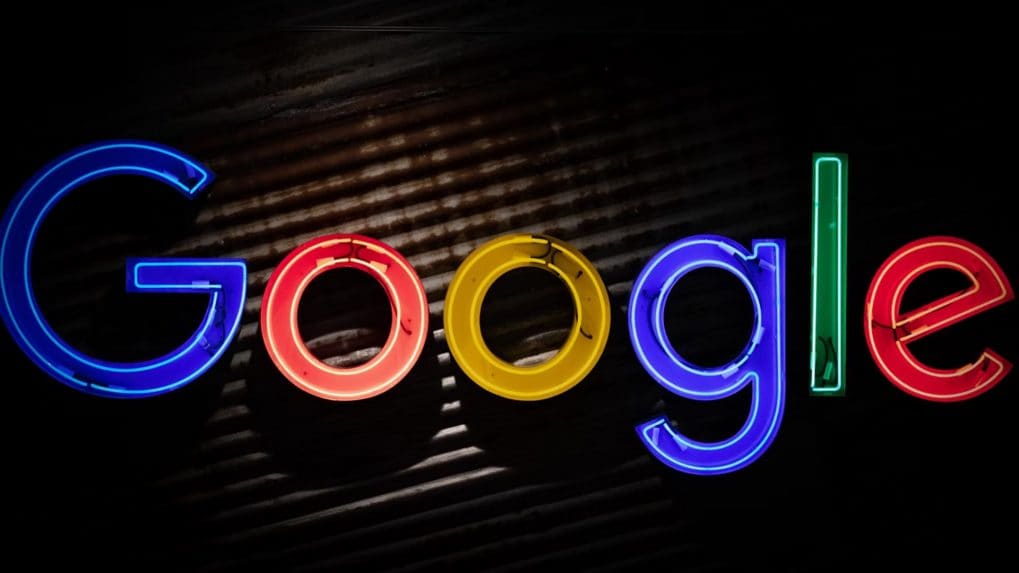How it Works
WPP, Havas, Omnicom: Are advertising’s biggest holdcos recasting agencies as AI Operating Systems?

As Google gears up for one of its most consequential legal battles with the US Department of Justice (DOJ), a surprising admission in its filings has reignited debate over the future of the open web and the ad model that sustains it.
In newly filed documents, Google warned that forcing it to spin off parts of its advertising business would “accelerate” the decline of the open web and hurt publishers dependent on display advertising. The company argued that industry shifts, not its dominance, are reshaping digital advertising, citing the rise of connected TV, retail media networks, and AI-driven ad systems.
The filing states that “the open web is already in rapid decline”, a framing that contrasts sharply with Google’s repeated public assurances that its search engine is driving more traffic to diverse websites. For years, Google has positioned itself as the indispensable lifeline of digital publishing, but in court, its incentives appear flipped to stress vulnerability, not dominance.
The tension is not lost on publishers. Many report declining traffic following Google Search algorithm changes and, more recently, the rise of AI chatbots that keep users within Google’s own ecosystem. The contradiction underscores what media analysts see as a precarious moment for online publishing, where the very model of ad-funded journalism is under threat.
Responding to coverage of the filing, Google spokesperson Jackie Berté sought to clarify that the comments referred specifically to open-web display advertising, not the web itself. According to her, ad spend is migrating toward newer formats like connected TV and retail media, eroding the traditional display ad budgets that once sustained publishers.
From purpose-driven work and narrative-rich brand films to AI-enabled ideas and creator-led collaborations, the awards reflect the full spectrum of modern creativity.
Read MoreThe Storyboard18 Awards for Creativity have unveiled a Grand Jury comprising some of India’s most influential leaders across advertising, business, policy and culture, positioning it among the country’s most prestigious creative award platforms.